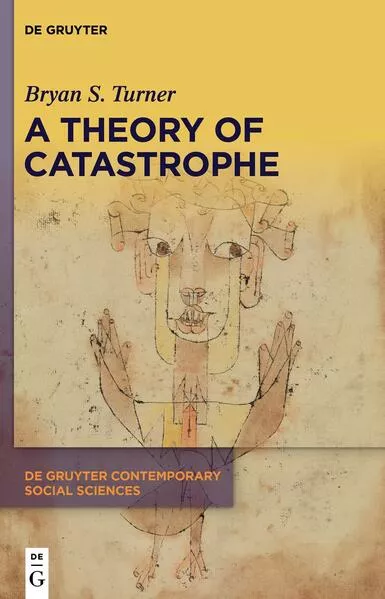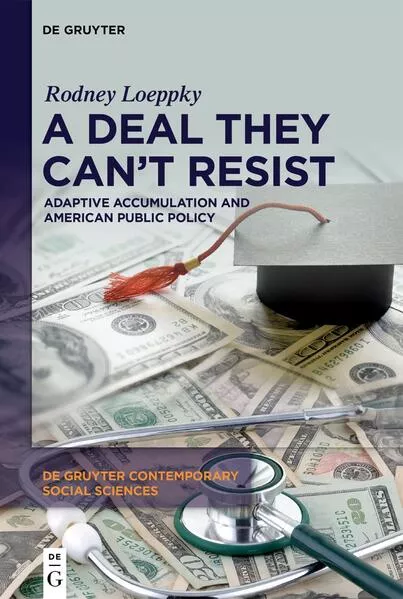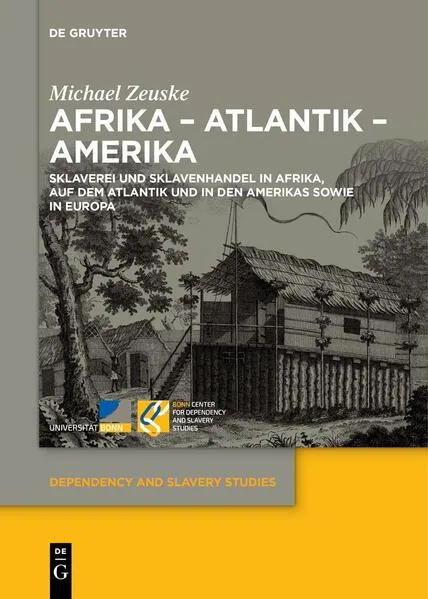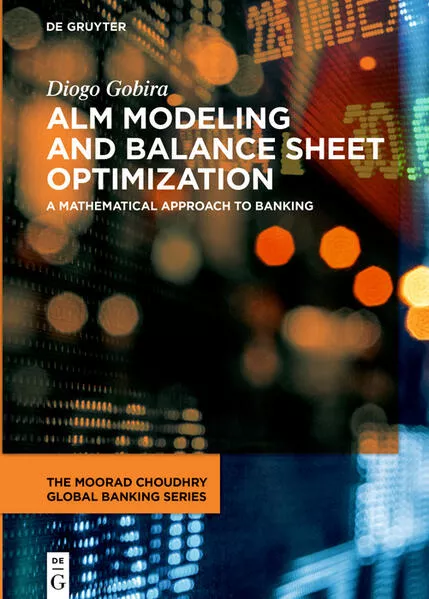
A Theory of Catastrophe
Sociology has developed theories of social change in the fields of evolution, conflict and modernization, viewing modern society as essentially unstable and conflict driven. However, it has not seriously studied catastrophe. A Theory of Catastrophe develops a sociology of catastrophes, comparing natural, social and political causes and consequences, and the social theories that might offer explanations.
A catastrophe is a general and systematic breakdown of social and political institutions resulting, among other things, in what we could call a catastrophe consciousness.
The Greek ‘cata-strophe’ formed the conclusion to a dramatic sequence of strophes. The cata-strophe was the final act of a drama, namely its denouement. Catastrophic denouements are without hope: genocides, military occupations, plagues, famines and earthquakes. A Theory of Catastrophe analyzes Pompeii, the Black Death, colonial genocide in North America, WWI and the Spanish Flu, and Nazi Germany and finally this century: terrorism, new wars, climate change and pandemics.
As a study of sociological theory, Bryan Turner discusses Spengler’s Decline of the West, Marxism as a theory of catastrophic capitalism, messianic movements, Weber on modernity, and risk society. He concludes by comparing optimism and pessimism, and the idea of inter-generational justice.
Unterstütze den lokalen Buchhandel
Nutze die PLZ-Suche um einen Buchhändler in Deiner Nähe zu finden.
Bestelle dieses Buch im Internet
| Veröffentlichung: | 06.06.2023 |
| Seiten | 153 |
| Art des Mediums | E-Book [Kindle] |
| Preis DE | EUR 89.95 |
| Preis AT | EUR 89.95 |
| Auflage | 1. Auflage |
| Reihe | De Gruyter Contemporary Social Sciences 19 |
| ISBN-13 | 978-3-110-77236-4 |
| ISBN-10 | 3110772361 |
Über den Autor
Professor Turner is one of the world’s leading sociologists and author of over 30 books. His research interests include globalisation and religion, religious conflict and the modern state, human rights and religion. He has received several honorary degrees recognising his contributions to Sociology.
Diesen Artikel teilen
0 Kommentar zu diesem Buch
.... weitere Publikationen von De Gruyter
Echo aus dem Eis: Band 2 der Northern-Drift-Reihe - Aviation-Mystery in Eis und Dunkelheit
Bewerbungsfrist bis zum: 03.03.2026

















